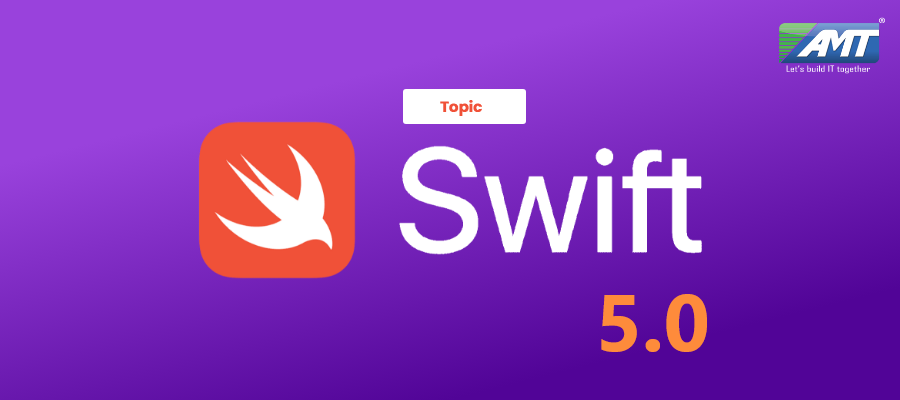Swift is a fantastic way to write software, whether it’s for phones, desktops, servers, or anything else that runs code. It’s a safe, fast, and interactive programming language that combines the best in modern language thinking with wisdom from the wider Apple engineering culture and the diverse contributions from its open-source community. The compiler is optimized for performance and the language is optimized for development, without compromising on either.
Swift is friendly to new programmers. It’s an industrial-quality programming language that’s as expressive and enjoyable as a scripting language. Writing Swift code in a playground lets you experiment with code and see the results immediately, without the overhead of building and running an app.
Swift defines away large classes of common programming errors by adopting modern programming patterns:
- Variables are always initialized before use.
- Array indices are checked for out-of-bounds errors.
- Integers are checked for overflow.
- Optionals ensure thatÂ
nil values are handled explicitly. - Memory is managed automatically.
- Error handling allows controlled recovery from unexpected failures.
Swift code is compiled and optimized to get the most out of modern hardware. The syntax and standard library have been designed based on the guiding principle that the obvious way to write your code should also perform the best. Its combination of safety and speed make Swift an excellent choice for everything from “Hello, world!†to an entire operating system.
Swift combines powerful type inference and pattern matching with a modern, lightweight syntax, allowing complex ideas to be expressed in a clear and concise manner. As a result, code is not just easier to write, but easier to read and maintain as well.
Swift has been years in the making, and it continues to evolve with new features and capabilities. Our goals for Swift are ambitious. We can’t wait to see what you create with it.
Swift 5 is source compatible with Swift 4.2, but isn’t binary compatible with earlier Swift releases. However, future releases will be binary compatible with Swift 5 thanks to ABI stability.
ABI stability enables binary compatibility between apps and libraries compiled with different Swift versions. The Swift standard library and run time get embedded in the OS, so apps don’t distribute their own copy of the libraries on any platform. This leads to better tool decoupling and OS integration.
You also need ABI stability to distribute binary frameworks that work across multiple Swift versions. This requires module format stability, which stabilizes the module file containing the compiler’s representation of the framework’s public interfaces.
The above is a brief about Swift 5. Watch this space for more updates on the latest trends in Technology.
